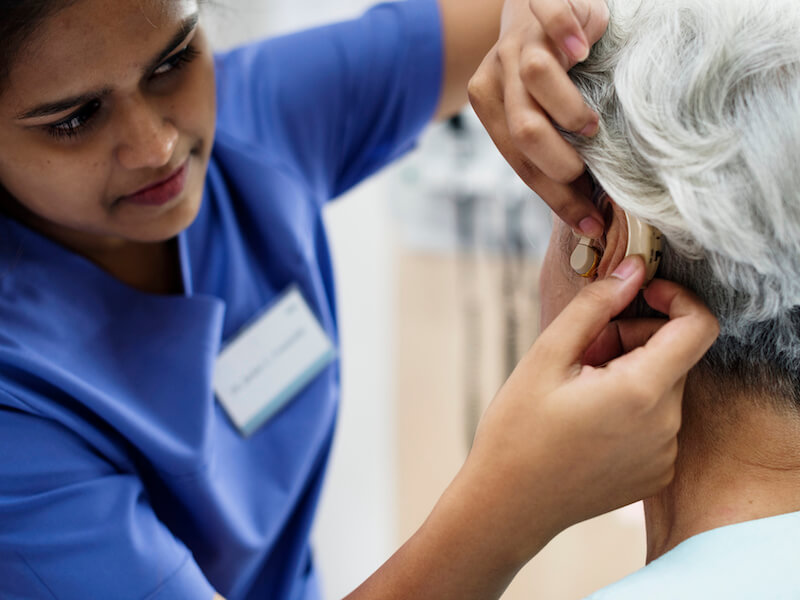
Trouble hearing? Here’s how you can know if your hearing aids need maintenance.
You take care of your hearing aids. You’re extremely careful with your hearing aids. You charge them nightly and clean them daily.
That’s why it’s so annoying that, abruptly and distressingly, your hearing aids are no longer working the way they should. The good news is, troubleshooting the problem is pretty straight forward. Just remember: your number one job is to avoid damaging your hearing aid further (otherwise replacing them could be necessary).
Troubleshooting Your Hearing Aid
Every design of hearing aid is different so make use of your owner manual for troubleshooting and maintenance. On most models, these things can be checked:
- Keep your microphone clear: Look for anything blocking the microphone of your hearing aid. Your hearing aid will sound silent or broken or have feedback if the microphone is obstructed.
- Wax buildup: Do a visual inspection of your hearing aid to ensure that there is no wax buildup preventing ordinary operation. Even if you do regular cleaning, sometimes wax can accumulate rapidly, so it’s worth ticking this off your list.
- Check your battery: Even if you’re sure your hearing aids spent the night on the charger, you’ll want to double-check the battery level. If your hearing aid has replaceable batteries, it might be a good idea to check if those batteries are in correctly or if a new one fixes the issue.
- Look for visible damage: Check if there are any noticeable loose components or cracks around the shell of your hearing aid. Cracks, clearly, could indicate more extensive damage (or allow).
Again, consult your owner’s manual on how you might tackle each of these problems. Self maintenance will be a possibility in some cases. (Your owner’s manual is the best place to begin.)
When Does my Hearing Aid Need Servicing?
If your hearing aid continues to malfunction after you have carried out basic maintenance and troubleshooting, it’s likely that your hearing aid will require professional repair. Because you rely on your hearing aids for all of your basic conversations and social activities, this probably doesn’t sound very attractive.
But it’s essential to understand that repair doesn’t always mean sending your hearing aid out for repair. There are some situations where it can be repaired in shop while you wait.
So in those situations, you will be able to get your hearing aid back before the day’s end (this, of course, depends on the severity of the damage, that’s all the more reason to bring it in for repair as soon as you can).
There are still some cases where same day repair is not possible. And in those cases, you may find yourself in need of a backup pair of hearing aids. So if you’ve got an old pair lying around, ask us whether they will work on a temporary basis. We may even have some we can let you use while you are waiting.
Don’t Wait to Get Help For Your Hearing Aids
It’s essential to get your hearing aids repaired as soon as you detect any falter or fading of the audio quality.
If you do this you will be more likely to prevent any downtime. Untreated hearing loss can impact your total health, and that includes your mental health. An even more significant worry is that your hearing will diminish as your hearing aids sit ignored in a drawer.
The ideal way to keep your hearing healthy is to keep those hearing aids working. And the best way to do that is to clean them, keep them charged, and, when needed, take your hearing aids to get some professional help.